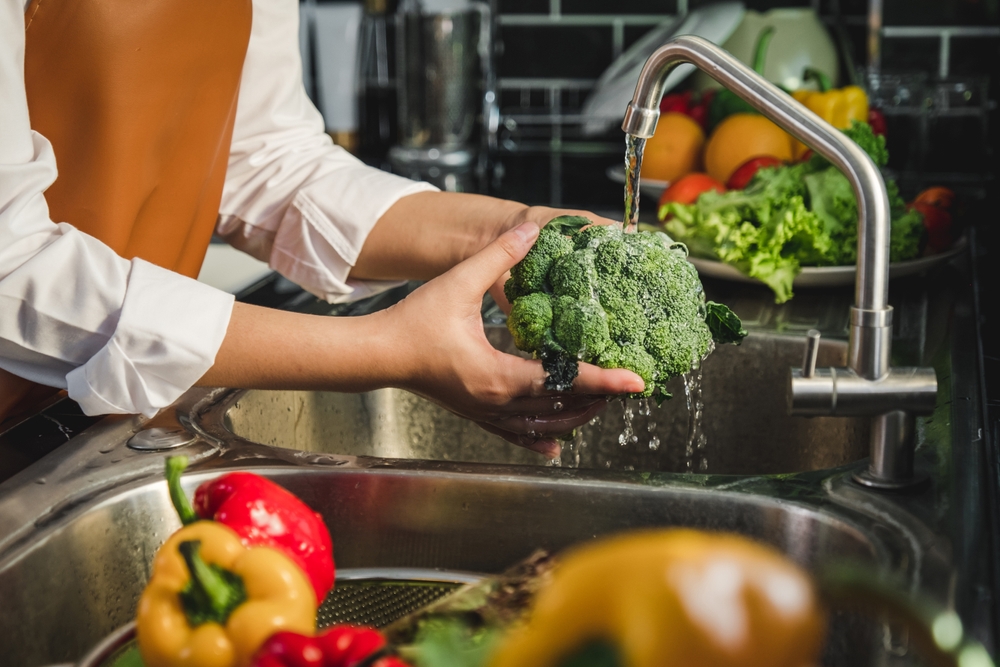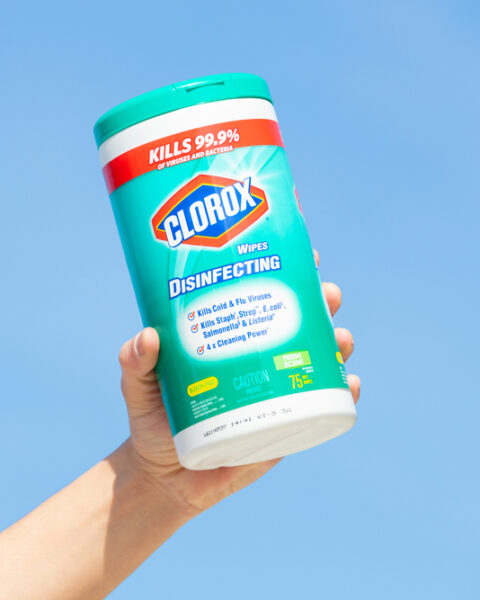We hear a lot of things about processed foods that can be downright confusing. With so many myths floating around, it’s easy to get the wrong idea about what’s really on our plates. Let’s clear the air and set the record straight on some of the most common fallacies about processed foods. Whether it’s about nutrition, safety, or health effects, this list will help you understand the truth behind the labels and make smarter choices at the grocery store.
Contents
- 1 Processed Foods Are Not Real Food
- 2 You Should Avoid All Processed Foods
- 3 Processed Foods Have No Nutritional Value
- 4 Processed Foods Are Loaded With Harmful Chemicals
- 5 Eating Processed Foods Leads Directly to Weight Gain
- 6 All Processed Foods Are High in Sugar, Salt, and Fat
- 7 Fresh Foods Are Always Healthier Than Processed Ones
- 8 Processed Foods Are Less Safe to Eat
- 9 Organic Processed Foods Are Always Healthier
- 10 Processed Foods Cause Chronic Diseases
- 11 Processed Foods Are Addictive
- 12 Frozen and Canned Foods Are Less Nutritious Than Fresh
- 13 Processed Foods Lack Fiber
- 14 Processed Foods Are Bad for the Environment
- 15 All Processed Foods Should Be Avoided in a Healthy Diet
- 16 More From RetailShout
- 17 10 Time-Saving Hacks for Prepping Meals in Advance
- 18 10 False Beliefs About Food Storage That Waste Your Groceries
Processed Foods Are Not Real Food
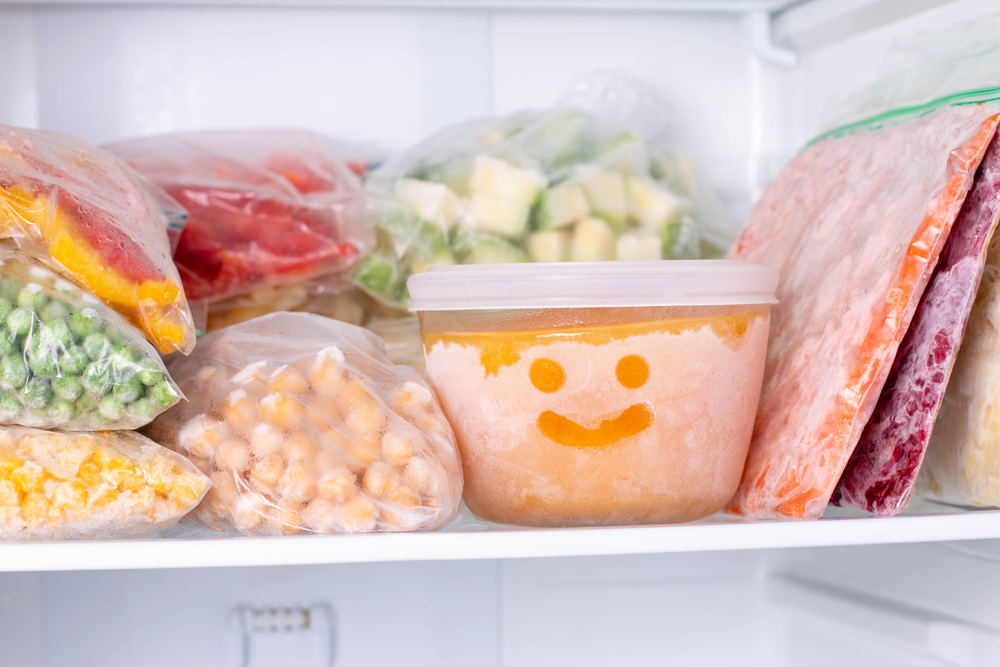
Many believe processed foods are unnatural and should be avoided. However, processed foods encompass a broad category, from frozen vegetables to yogurt, which all come from real ingredients. Processing can simply mean cutting, freezing, or cooking, and it doesn’t strip away the food’s natural origins. It’s a way to make food more convenient, safe, and accessible. Frozen vegetables, for example, retain most of their nutrients because they are frozen at peak freshness. Therefore, processed foods are often just as real and nutritious as fresh foods.
You Should Avoid All Processed Foods

It’s a common misconception that all processed foods are unhealthy. While highly processed snacks with excess sugar and salt can be detrimental, many processed foods contribute positively to a balanced diet. Foods like canned beans, whole grain bread, and tofu are processed but provide essential nutrients. Additionally, processed foods like milk and fortified cereals contain added vitamins and minerals, making them more nutritious in some cases than their fresh counterparts.
Processed Foods Have No Nutritional Value
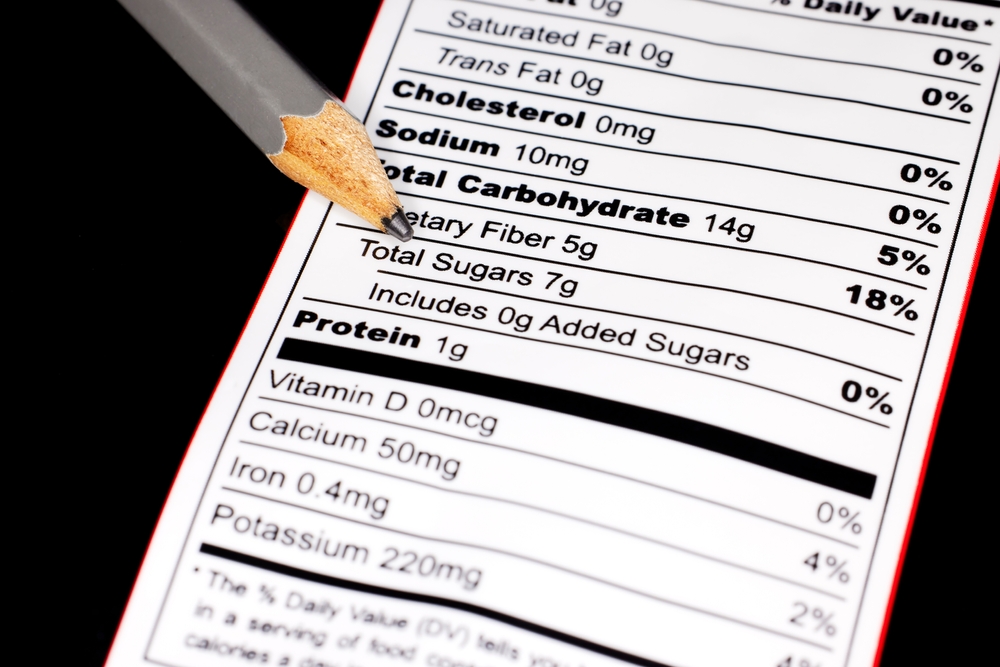
This fallacy stems from the belief that all processing removes essential nutrients. In reality, many processed foods are enriched with nutrients that might not be present in their unprocessed forms. For example, canned tomatoes are a rich source of lycopene, a potent antioxidant, which becomes more bioavailable after cooking and canning. Similarly, fortified products like breakfast cereals add essential vitamins like B12 and iron that are crucial for health.
Processed Foods Are Loaded With Harmful Chemicals
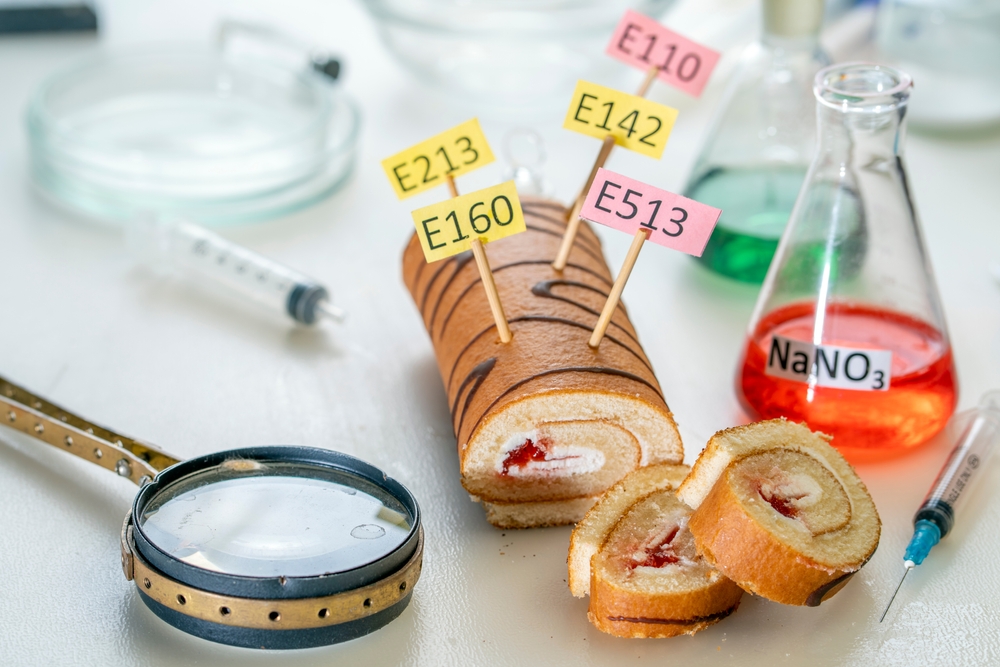
The idea that processed foods are filled with dangerous chemicals is a persistent myth. While preservatives, colorings, and stabilizers are used, most are approved by regulatory bodies and deemed safe for consumption in moderation. These additives often serve critical roles, such as preserving freshness, enhancing taste, and ensuring safety by preventing spoilage. It’s important to recognize that even natural foods contain chemicals; it’s the dose and purpose that matter.
Eating Processed Foods Leads Directly to Weight Gain

Many people assume that eating processed foods will automatically result in weight gain. However, the relationship between processed foods and weight gain depends on the type of food and portion control. Processed foods such as whole-grain bread, low-fat dairy, and nuts can actually support weight management when consumed in appropriate portions. Weight gain is more likely to result from consuming highly processed foods with excessive sugar and fat content in large quantities.
All Processed Foods Are High in Sugar, Salt, and Fat
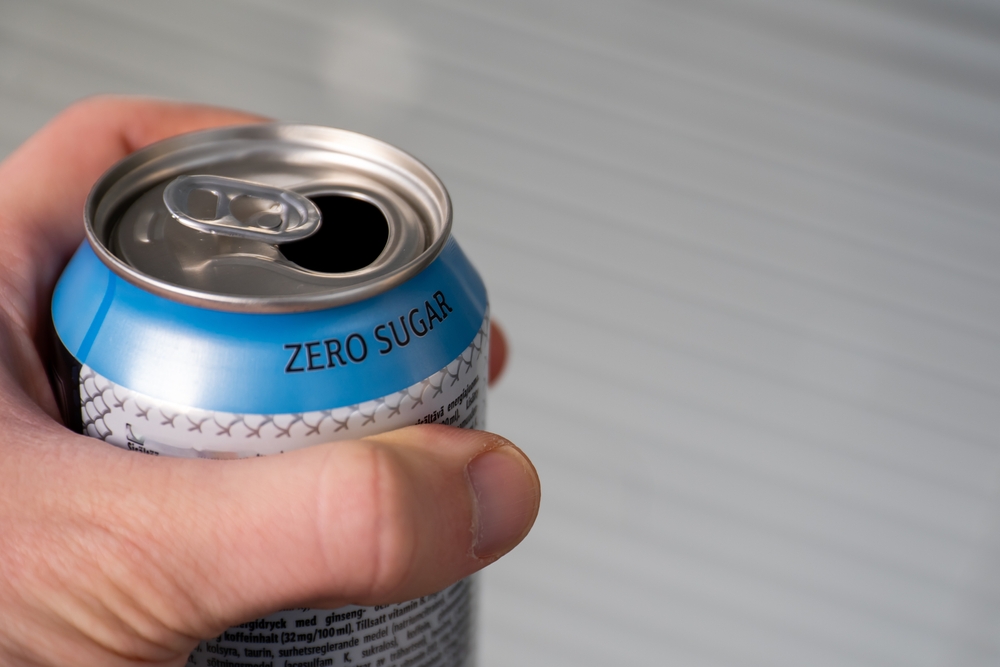
Though some processed foods are high in these ingredients, not all processed foods fit this description. For instance, canned beans and frozen fruits are processed but low in added sugars, fats, and sodium. Many ultra-processed foods are now reformulated to be lower in sugar, salt, and fat while still being convenient and nutritious. It’s all about choosing the right types of processed foods.
Fresh Foods Are Always Healthier Than Processed Ones
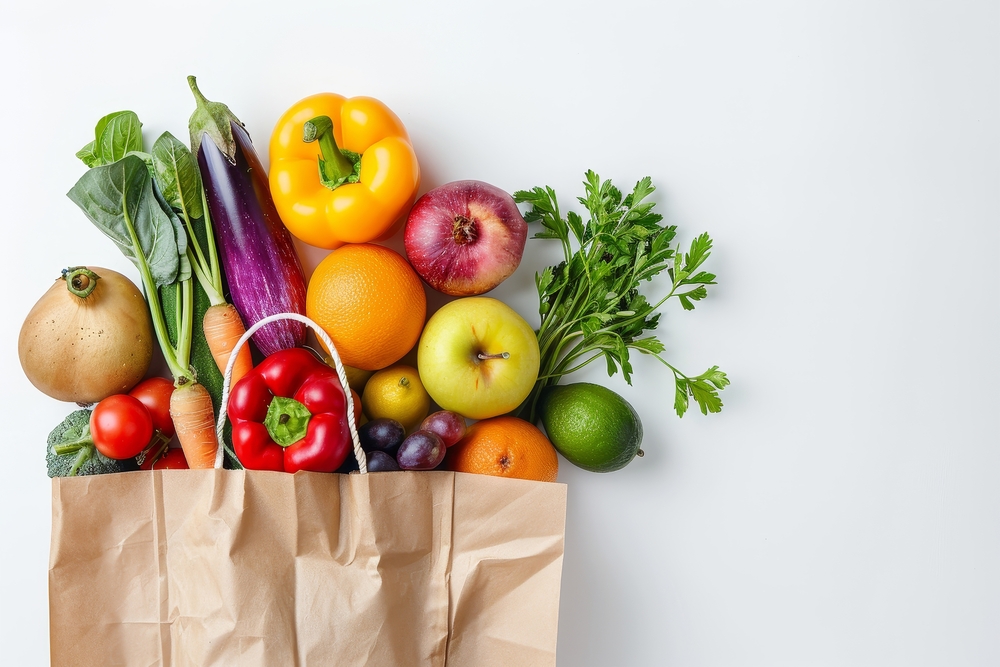
Many people assume that fresh foods are automatically healthier than processed versions. However, fresh foods often lose nutrients during transportation and storage, whereas frozen fruits and vegetables are processed at peak ripeness, preserving their nutrients.
Processed Foods Are Less Safe to Eat
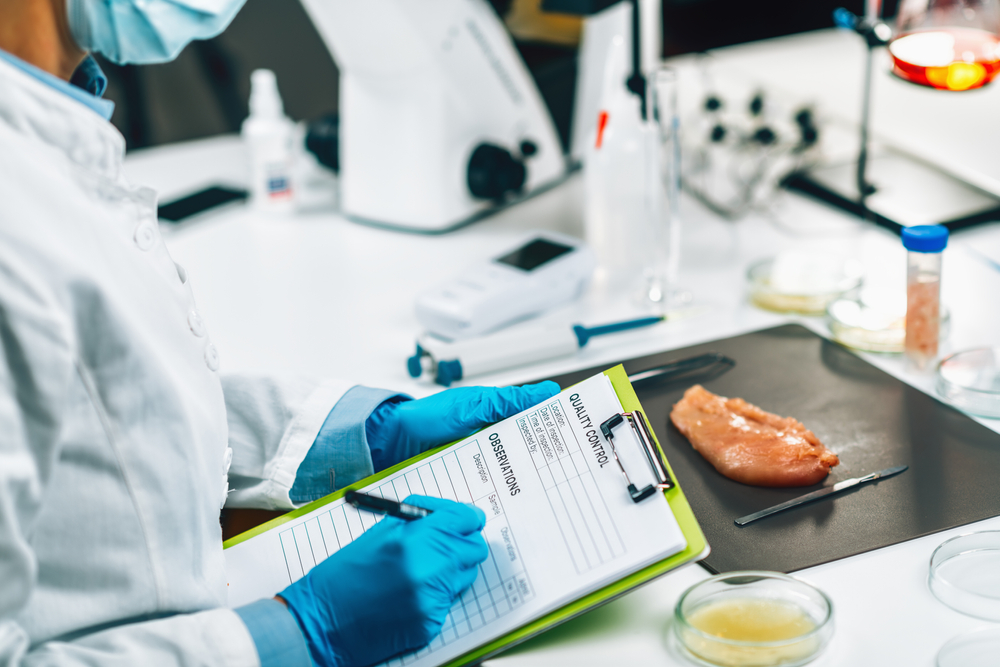
Some believe that processed foods pose a higher safety risk than fresh foods. On the contrary, processing often makes food safer by killing harmful bacteria and extending shelf life. For example, pasteurization, a common process in dairy production, reduces the risk of foodborne illnesses. While foodborne illnesses are more likely to occur from improperly handled fresh foods, processed foods usually undergo strict safety checks.
Organic Processed Foods Are Always Healthier

While organic processed foods may contain fewer pesticides, that doesn’t necessarily make them healthier. Organic junk food like chips and cookies can still be high in sugars, unhealthy fats, and calories. The term “organic” refers to how ingredients are grown, not necessarily the nutritional profile of the food. Therefore, organic processed foods should be evaluated for their nutritional content just like conventional processed foods.
Processed Foods Cause Chronic Diseases

The belief that processed foods are a direct cause of chronic diseases like heart disease or diabetes is misleading. While consuming highly processed foods high in added sugars and unhealthy fats in excess can contribute to these conditions, it’s not the processing itself that is harmful. Balanced consumption of minimally processed foods, such as canned vegetables or whole grains, can actually be part of a healthy diet that helps prevent chronic diseases.
Processed Foods Are Addictive
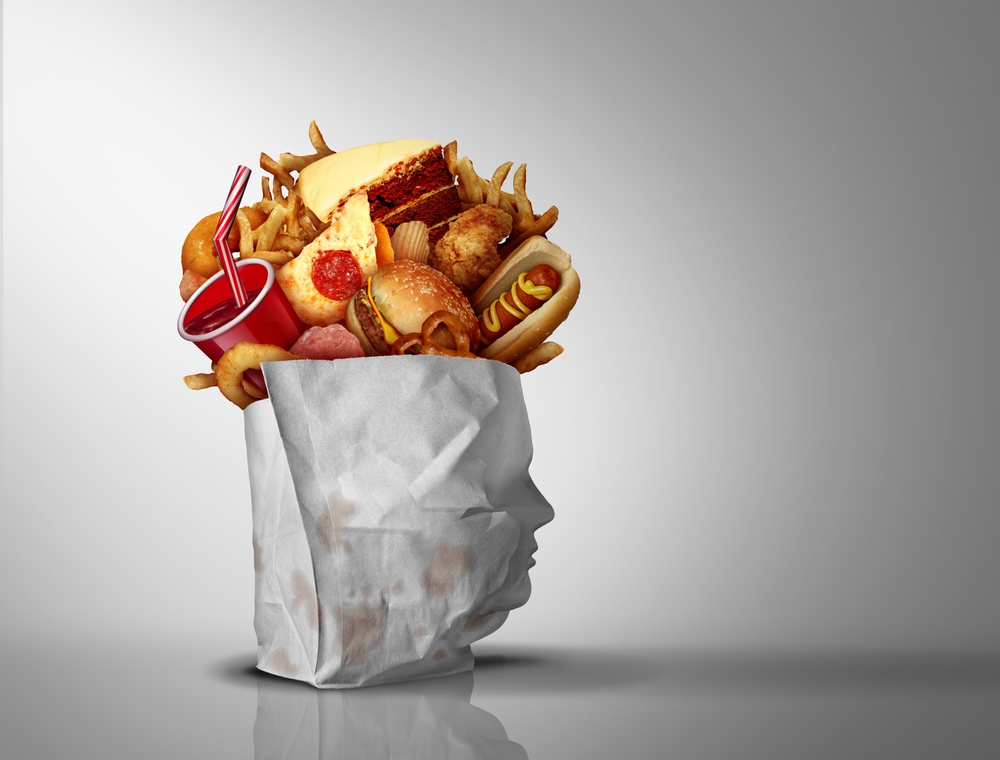
The concept of processed foods being inherently addictive is exaggerated. While some people may struggle with overeating highly palatable foods, it’s not the processing itself that causes addiction. Instead, it is often the high levels of sugar, fat, and salt in some processed foods that can trigger the brain’s reward system. Moderation and mindful eating are key to preventing over-reliance on these foods.
Frozen and Canned Foods Are Less Nutritious Than Fresh
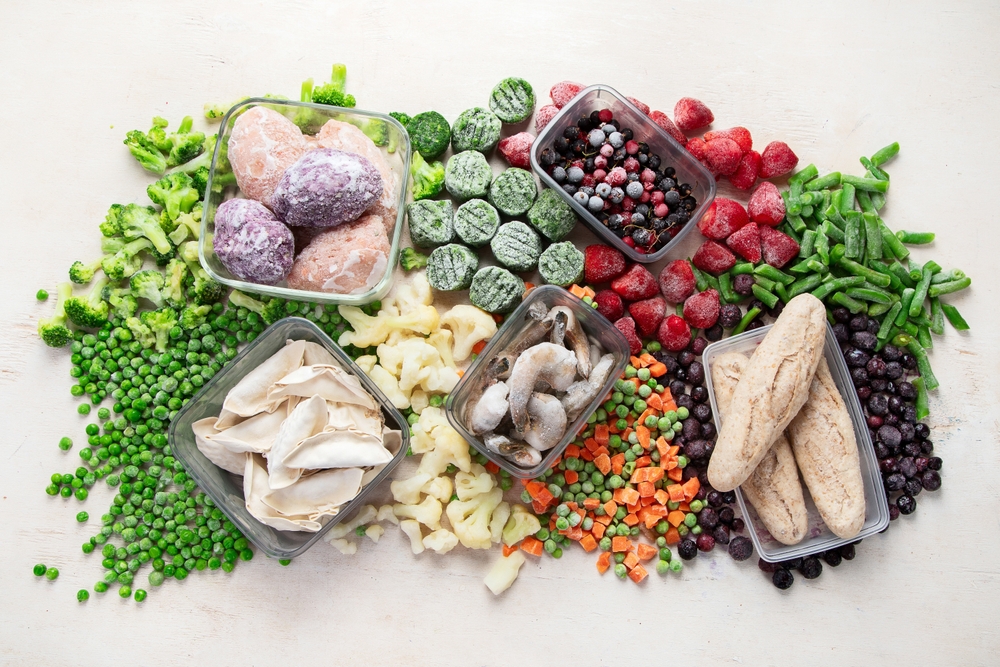
This myth persists despite evidence showing that freezing and canning often preserve the nutritional content of fruits and vegetables. The processing of freezing locks in vitamins and minerals at the time of harvest.
Processed Foods Lack Fiber
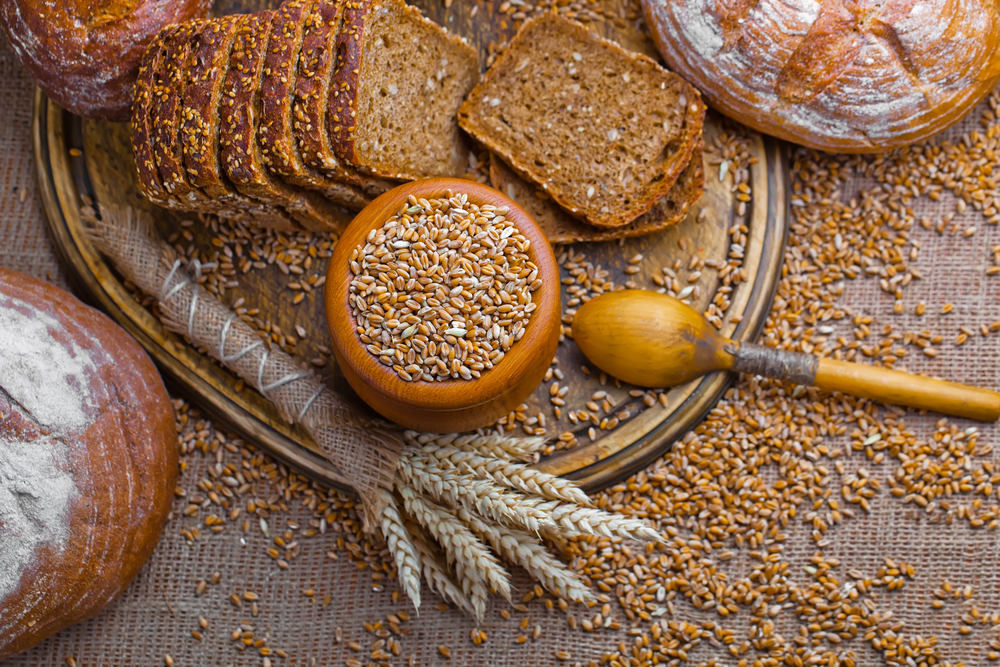
It’s commonly believed that all processed foods are stripped of fiber, but many processed foods like whole grain bread, cereals, and legumes are actually rich in fiber. Modern food processing techniques have improved to retain or even add fiber back into processed foods. Choosing the right types of processed foods can help individuals meet their daily fiber needs.
Processed Foods Are Bad for the Environment

While some processed foods have a larger environmental impact, many processed foods, like canned beans and frozen vegetables, have a smaller carbon footprint compared to their fresh counterparts, especially when considering transportation and food waste. Processing can reduce food spoilage, which decreases overall food waste and its environmental impact.
All Processed Foods Should Be Avoided in a Healthy Diet

This blanket statement ignores the nuance of what processed foods encompass. A healthy diet can include processed foods like fortified cereals, low-sodium canned vegetables, and pasteurized dairy products. It’s about making informed choices and focusing on the overall quality of your diet, rather than categorically avoiding all processed foods.
This article originally appeared on RetailShout.
More From RetailShout
15 Things That Happen When You Eat Avocado Every Day
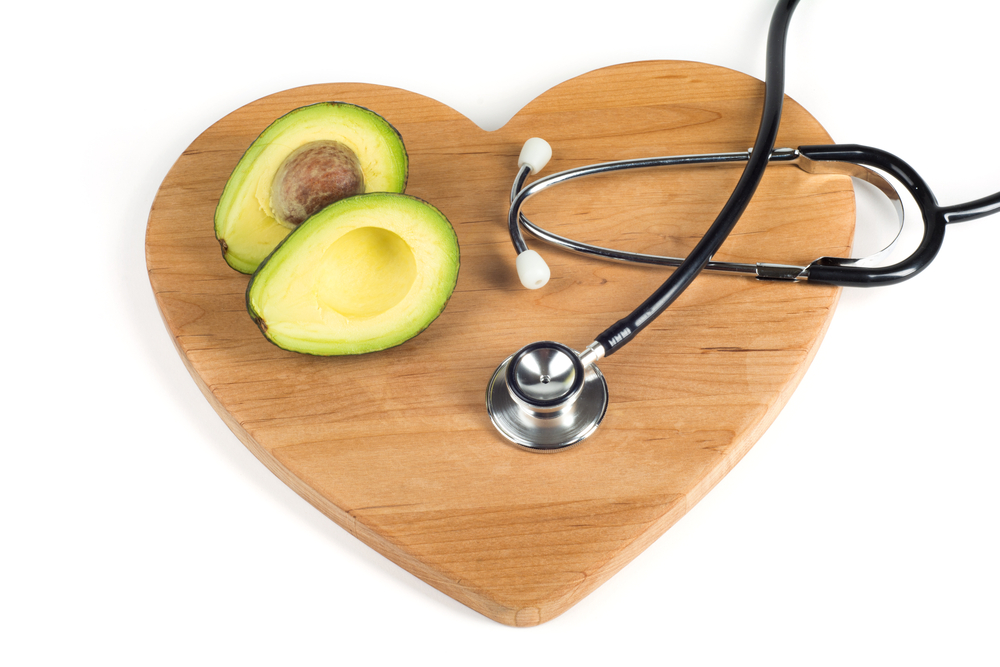
Eating an avocado every day can bring amazing benefits to your health. This delicious fruit is packed with nutrients that can improve various aspects of your well-being. Here are some great things that happen when you make avocado a part of your daily diet. Read More.
10 Time-Saving Hacks for Prepping Meals in Advance

We all know the struggle of juggling work, family, and personal time, which can leave little room for cooking healthy meals. Meal prepping is a lifesaver, but it can be daunting if you don’t have a system in place. With a few smart strategies, you can cut down your prep time and make cooking enjoyable again. Here’s a list of tried-and-true hacks to help you get started. Read More.
10 False Beliefs About Food Storage That Waste Your Groceries
